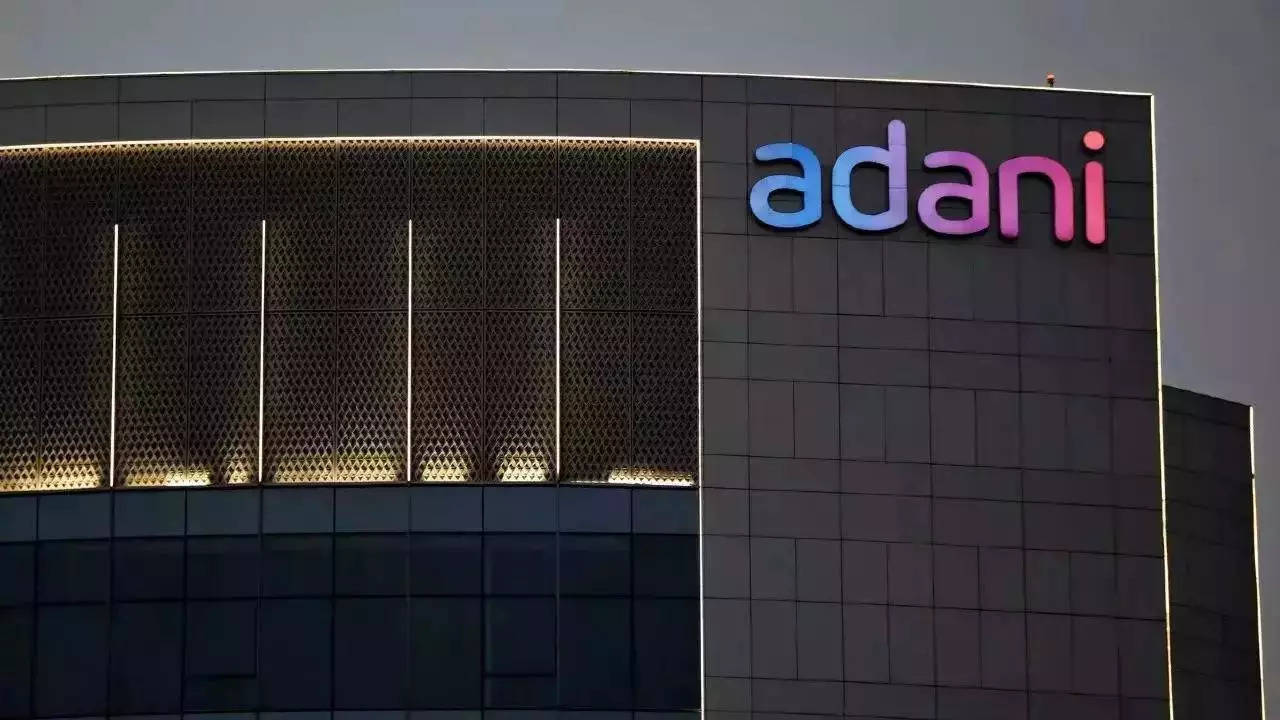Also in this letter:
■ Infra.Market raises $50 million
■ Adani plans ecommerce, payments entry
■ Google leases office space in Bengaluru
Food delivery, quick commerce take a bite out of QSR sales: brokerage reports

The expansion of food delivery and quick commerce platforms is eating into the sales of quick service restaurants (QSR) like Domino’s and Pizza Hut and pulling younger customers away from physical stores, according to multiple brokerage reports.
Driving the news:
- The QSR industry saw revenue in the last quarter of FY24 growing 9% on year from 18% a year ago, while both same store sales growth (SSSG) and average daily sales (ADS) declined.
- As per a survey by Bernstein, 60% of respondents in the 18-25 age range preferred buying on quick commerce platforms, with 12% going to mom-and-pop stores, and 10% using slotted delivery platforms, while only 5% went to modern retailers.
Food delivery expands: Zomato’s average monthly active restaurant partners stood at 2.7 lakh as of FY24, while Swiggy had a similar figure at the end of FY23. As against this, there were only 5,300 branded stores run by QSR firms. This meant a broader demand slowdown had a greater impact on QSR companies, brokerage firm BNP Paribas Exane said.
Clear divide: Quick commerce adoption decelerated as one went up the age range.
- In the 26-35 years segment, 44% used quick commerce, while only 30% ordered on these apps in the age group over 45 years.
- The older users relied most heavily on mom-and-pop stores, with adoption at 27% for over 45-year-olds, and 20% in the 36-45 age range.
- Grocery continued to dominate quick commerce usage, accounting for 44% of customers.
Read our detailed coverage on the rise of quick commerce
Space startup Agnikul Cosmos calls off maiden rocket launch for a fourth time

Agnikul Cosmos founders Moin SPM (left) and Srinath Ravichandran
Chennai-based spacetech startup Agnikul Cosmos called off a test flight of its first rocket Agnibaan on Tuesday seconds, before it was due to launch.
Technical glitch: The launch, scheduled for 5:45 am on Tuesday, was first delayed about six minutes before lift-off “due to a technical glitch in the countdown activities”, and a new lift-off time was set for 9:25 am.
However, only five seconds before lift-off, the launch was put on “temporary hold to check igniter performance”, and was then called off altogether.
Issues prevail: This is the fourth such cancellation in the last three months. Launches of India’s second privately built rocket, and first using a combination of gas and liquid fuel, had been aborted three times before because of technical issues, including one flight that was cancelled about 90 seconds before lift-off.
Also read | Spacetech startup Agnikul registers revenue of Rs 2.9 crore, losses jump to Rs 20 crore for FY23
Infra.Market raises $50 million from Mars Unicorn Fund and MUFG

Souvik Sengupta, founder, Infra.Market
Construction materials provider Infra.Market has raised $50 million (about Rs 415 crore) at a valuation of $2.5 billion in a funding round from Mars Unicorn Fund, a joint venture of Liquidity Group and Mitsubishi UFJ Financial Group.
Deal details: With this round of funding (structured with both debt and equity), Mars Unicorn Fund and Liquidity Group have increased their total investment in the company to $100 million. Previously, the fund had invested $50 million in Infra.Market in 2022.
The valuation matches that from 2021 when the Thane-based company had raised $125 million from investors led by Tiger Global.
Fund utilisation: The funds will be used to enter new global markets and broaden its presence across different product verticals, the company said.
Stake sale: In December 2023, ET had reported that Infra.Market had sold 10% of its stake in its subsidiary RDC Concrete for $20 million to public market investors led by Ashish Rameshchandra Kacholia.
Adani wants a slice of ecommerce, payments pie: report

Adani Group is planning to apply for a licence to operate on public digital payments network and is in talks with banks to finalise plans for a co-branded credit card, the Financial Times reported on Tuesday.
Fintech foray: The ports-to-power conglomerate is looking to enter the burgeoning digital payments market and compete with Walmart-backed PhonePe and Google Pay.
- With a 48.9% market share, PhonePe is the largest UPI app in India, April data showed, followed by Google Pay at 37.7%.
- India’s payments market is expected to reach $814.43 billion in 2029, from $357.51 billion in 2024, a report by Mordor Intelligence showed.
Ecommerce plans: The group is also holding discussions to offer online shopping through the government-backed public ecommerce platform, Open Network for Digital Commerce (ONDC), as per the report.
If the talks fructify, the services will be available through Adani’s consumer app Adani One, which was launched in December 2022, the report added.
Catch up quick: Adani Group has been attempting to recover from a January 2023 report by US short-seller Hindenburg that triggered a massive sell-off of the group’s listed shares. The report accused the group of stock manipulation and improper use of tax havens — allegations it has refuted.
Also read | Adani in talks with Uber to own, operate an EV fleet
Google leases 649,000 sq ft office space in Bengaluru

Google has leased 649,000 sq ft office space at Alembic City in Whitefield, Bengaluru, at a monthly rental of Rs 62 per sq ft with a three-year lock-in period as part of its expansion strategy in India, people aware of the deal said.
Return to office push: “This move is in line with the tech giant’s proactive approach to leasing both traditional and flexible office spaces in major cities to strengthen its presence,” one of the persons said.
In 2022, Google Connect Services India, a subsidiary of the US technology conglomerate, had renewed a rental pact for about 600,000 sq ft of office space in Hyderabad. The company also agreed with Bagmane Developers to lease 1.3 million sq ft of office space in Bangalore.
India plans: The tech major has lined up significant investments in the Indian market, including plans to manufacture smartphones at a Foxconn facility in Tamil Nadu and commence independent drone manufacturing in the state.
Google also aims to start production of Pixel smartphones in India, starting with the Pixel 8 model.
Today’s ETtech Top 5 newsletter was curated by Megha Mishra in Mumbai and Jessica Rajan in New Delhi.












